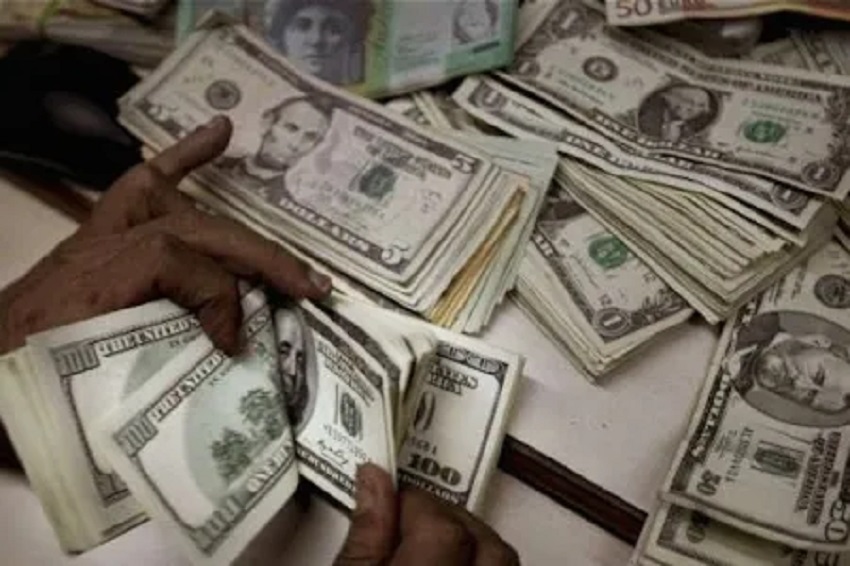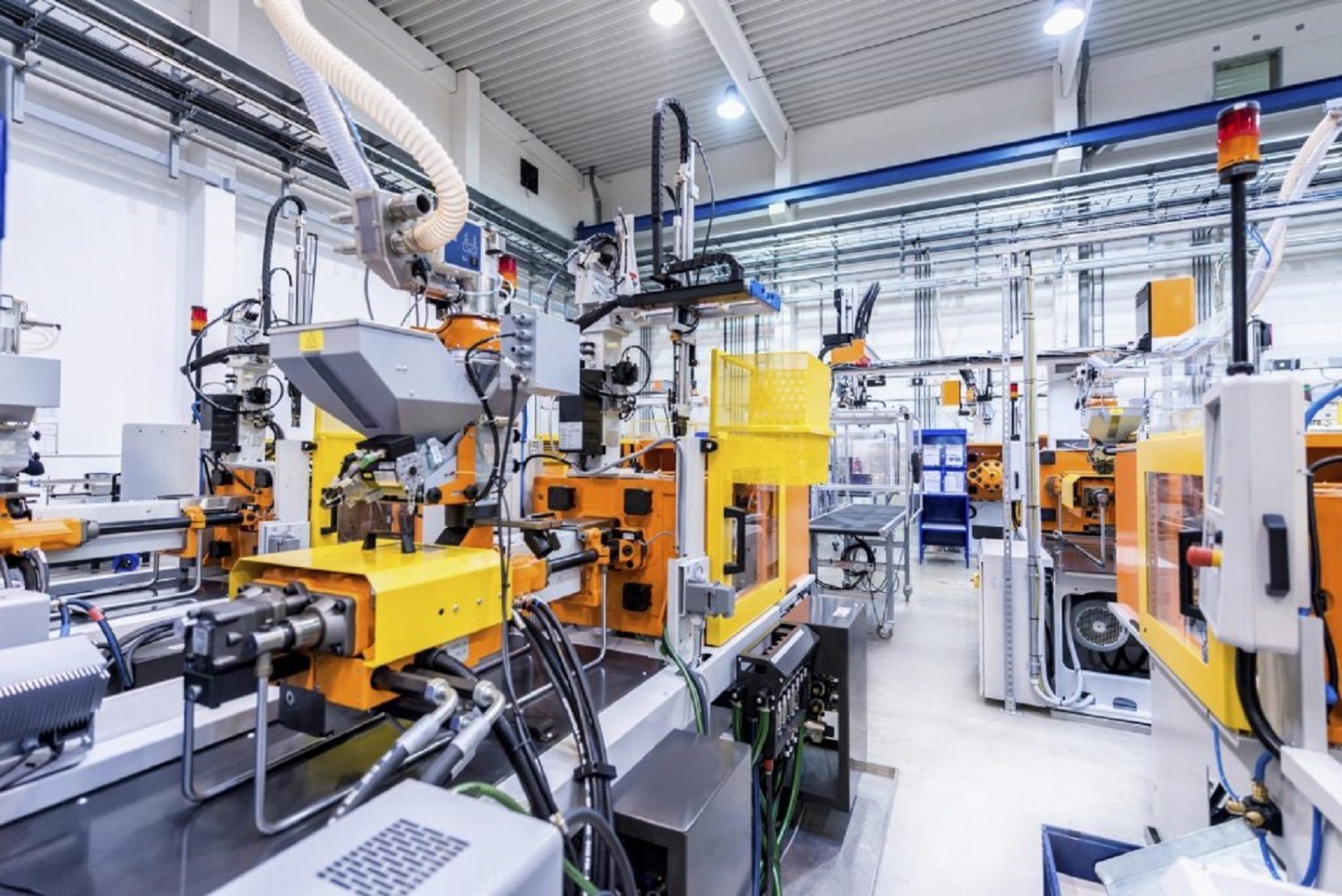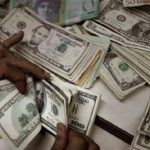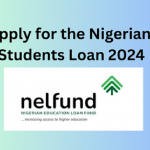Economy
Types of Startup Funds for Nigerian Entrepreneurs

By Damilola Faustino
Nearly every week, we hear reports of startups in Africa raise funds. But what do the different types of funding rounds mean?
Well, a funding round is anytime money is raised from one or more investors for a business. They’re given a letter, such as A Round, B Round, C Round, etc. because each round follows another. The letter identifies which number of rounds they’re on.
Here, we take a closer look at the types of rounds and what they mean.
Series A round funding
Investing at this stage is usually regarded as high risk because the company will probably still be at the startup stage with a lot to prove.
Angel investors may be interested, but venture capitalists may also invest. Angels usually invest their own money and are often considered high net worth individuals. VCs and other institutional investors tend to invest other peoples’ money, so, they usually only invest in companies with a proven track record to reduce their risk.
Series B funding
A series B round is the second round of funding by private equity investors and VCs. By this stage, the company will probably have a higher valuation than before. The risk will be lower than before as the business will have a track record – so the cost to invest will be higher. Investors will expect to see signs of growth at this stage in revenue, users and product/service success
Series C round
A series C round is needed when a company is ready for rapid growth. The company will usually: have become a proven success in its market, wants to make acquisitions of competitors, increase market share and scale up or develop new products or services.
Venture Capital
This type of situation is different than an angel in that it is an organization of investors. Usually, this type of investor isn’t as interested in the early stages of a startup and prefers to see some return before they get involved. They like to make deals where they know they will get a return so they can be turned off by too much risk. However, they are more likely to invest a larger sum of money, but typically require ownership and to be placed in a decision-making position.
Seed/angel fund
Seed round usually occurs when the company is at the initial idea stage, or once the founder has a prototype/proof of concept, as well as some kind of sign that there’s a demand for what could be offered.
Meanwhile, an angel round often occurs when a company is only just launching, if not before. Chances are that it will need an investment to support the business because it probably won’t be generating a big enough cash flow to cover all the day-to-day running costs. Sometimes a seed round and an angel round aren’t two separate rounds, they can be a hybrid of the two.
Despite the name, both seed and angel investment rounds usually include a large proportion of funding from friends and family. It can also include money from angel investors who are focused on early-stage companies.
Economy
Dangote Taps Vetiva, Others for $20bn Refinery NGX Listing

By Adedapo Adesanya
The Dangote Group has appointed Stanbic IBTC Capital, Vetiva Capital Management, and First Capital as lead issuing houses and financial advisers for its planned listing of its $20 billion Dangote Petroleum Refinery and Petrochemicals on the Nigerian Exchange (NGX) Limited in the coming months.
According to reports, which cited sources familiar with the matter, the listing could mark Africa’s largest equity offering, with plans to float 5-10 per cent of the refinery at a debut valuation of $40-50 billion. This could potentially boost the Nigerian main bourse’s market cap past N200 trillion from the current almost N125 trillion.
Stanbic IBTC, part of Standard Bank, will handle international book-building and foreign investor outreach, while Vetiva, with prior Dangote listing experience, focuses on local retail and regulations.
Late last month, the chairman of Dangote Group, Mr Aliko Dangote, said that within the next five months, Nigerians should be able to purchase shares of the refining subsidiary of his conglomerate.
The Lagos-based refinery is the largest single-train refinery in the world with 650,000 barrels per day refining capacity. There are efforts to boost the capacity to 1.4 million barrels per day soon.
“Nigerians too will have an opportunity in the next, maybe a maximum of four to five months. There will actually be an opportunity to buy the shares,” he said during a tour of the facility by the chief executive of the Nigerian National Petroleum Company (NNPC) Limited, Mr Bayo Ojulari, alongside members of the company’s executive management.
The facility, which is now operating at full capacity, a world-record milestone for a single-train refinery, comes after the completion of an intensive performance testing on the refinery’s Crude Distillation Unit and Motor Spirit production block.
The refinery is now positioned to supply up to 75 million litres of petrol daily to the domestic market, an increase from the 45 million – 50 million litres delivered during the recent festive period.
The development can reshape Nigeria’s energy landscape and reduce the country’s longstanding dependence on imported refined products while positioning the country as a net exporter to West African markets.
Yet, the refinery faces difficulty securing adequate crude oil supplies from Nigerian producers, forcing it to import feedstock from the US, Brazil, Angola, and other countries.
Economy
Nigeria’s Net FX Reserves Climb 50% to $34.8bn in 2025

By Adedapo Adesanya
Nigeria’s net foreign exchange reserves rose 50.6 per cent to $34.80 billion at the end of 2025, marking a sharp improvement in the country’s external liquidity position.
Net foreign exchange reserves refer to a country’s readily available external reserve assets after deducting short-term foreign liabilities. This is unlike gross foreign exchange reserves, which are the full stock of external reserve assets held by a country’s central bank, without subtracting any liabilities or commitments.
In a statement issued on Monday by the Central Bank of Nigeria (CBN), citing the Governor, Mr Yemi Cardoso, it was disclosed that net reserves increased from $23.11 billion at the end of 2024 to $34.80 billion at the close of 2025, representing a $11.69 billion rise within one year.
The figure also reflects a significant recovery from $3.99 billion at the end of 2023, signalling what the apex bank described as a marked improvement in reserve quality over a two-year period.
“The Governor of the Central Bank of Nigeria (CBN), Mr Olayemi Cardoso, has stated that Nigeria’s gross and net foreign reserves showed significant improvement at the end of 2025, reflecting stronger external sector fundamentals and sustained policy reforms.
“Following his disclosure at the post-Monetary Policy Committee (MPC) press briefing on Tuesday, February 24, 2026, where he said the country’s gross external reserves stood at $50.45 billion as of February 16, 2026, Mr. Cardoso, at the weekend, said the net foreign exchange reserves, as at the end of December 2025, rose to $34.80 billion,” the statement said.
Notably, the 2025 net reserve position exceeded Nigeria’s total gross external reserves recorded at the end of 2023, which stood at $33.22 billion.
This means that the country’s liquid and unencumbered foreign exchange buffers as of end-2025 were stronger than the entire headline gross reserve level just two years earlier.
According to Mr Cardoso, gross external reserves rose from $40.19 billion at end-2024 to $45.71 billion at end-2025, reflecting a $5.52 billion increase. As of February 16, 2026, gross reserves had climbed further to $50.45 billion.
He said the improvement in both gross and net reserves reflects stronger external sector fundamentals and sustained policy reforms.
The apex bank governor attributed the surge to improved transparency and credibility in foreign exchange management, which he said boosted investor confidence and attracted stronger FX inflows.
He added that enhanced reserve management practices were aimed at preserving capital, ensuring liquidity and supporting long-term sustainability.
According to him, the expansion highlights Nigeria’s improved capacity to meet external obligations, support exchange rate stability and reinforce overall macroeconomic resilience.
He described the end-2025 reserve position as validation of the Bank’s ongoing reforms and external sector adjustments, reaffirming the CBN’s commitment to maintaining adequate buffers and orderly foreign exchange market operations.
Economy
Stanbic IBTC Bank Nigeria PMI Shows Ease in Selling Price Inflation

By Aduragbemi Omiyale
Selling price inflation reached its lowest level in over six years in February 2026, as the Purchasing Managers’ Index (PMI) settled at 53.2 points compared with 49.7 points in January, according to Stanbic IBTC Bank Nigeria, which takes the readings.
In the month under review, the Nigerian private sector returned to growth after a muted start to 2026, with a rise in new orders, triggered by an accelerated increase in business activity.
It was observed that the contraction in selling price inflation was influenced by an improvement in the strength of the currency.
“After the dip seen in January, the Nigerian private sector returned to growth, with the headline PMI settling higher at 53.2 points in February from 49.7 in January. This was in line with higher customer demand, which drove higher new product offerings at competitive pricing.
“Accordingly, output (55.8 vs January: 50.2) regained momentum in February while new orders (55.5 vs January: 49.9) also increased markedly in the month. Notably, the wholesale and retail sector, which had dipped in January, returned to growth, thereby ensuring that all four monitored sectors by the survey increased in February,” the Head of Equity Research West Africa at Stanbic IBTC Bank, Mr Muyiwa Oni, commented.
“Local currency appreciation helped to support softer input and output prices in February, as the Naira has been trading below N1,400 against the USD consistently since 29 January,” he added.
“Strengthening external account, higher offshore FX flows, and improvement in remittances continue to support higher FX supplies with the CBN also stepping in by buying USD in the FX market to moderate the pace of local currency appreciation,” he further stated.
Mr Oni projected that likely lower interest rates in line with lower inflation and exchange rate stabilisation should support private consumption and business investments in 2026.
“Because of these factors, we see more sectors contributing to real GDP growth rate in 2026 compared to 2025, likely translating to an improvement in the quality of lives of the citizens compared to the last two years when the citizens witnessed the full negative impact of the government’s flagship reforms,” he submitted.
-

 Feature/OPED6 years ago
Feature/OPED6 years agoDavos was Different this year
-
Travel/Tourism10 years ago
Lagos Seals Western Lodge Hotel In Ikorodu
-

 Showbiz3 years ago
Showbiz3 years agoEstranged Lover Releases Videos of Empress Njamah Bathing
-

 Banking8 years ago
Banking8 years agoSort Codes of GTBank Branches in Nigeria
-

 Economy3 years ago
Economy3 years agoSubsidy Removal: CNG at N130 Per Litre Cheaper Than Petrol—IPMAN
-

 Banking3 years ago
Banking3 years agoSort Codes of UBA Branches in Nigeria
-

 Banking3 years ago
Banking3 years agoFirst Bank Announces Planned Downtime
-

 Sports3 years ago
Sports3 years agoHighest Paid Nigerian Footballer – How Much Do Nigerian Footballers Earn












